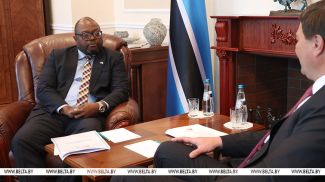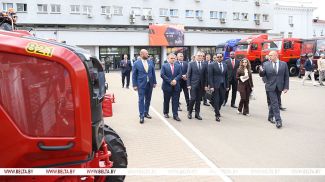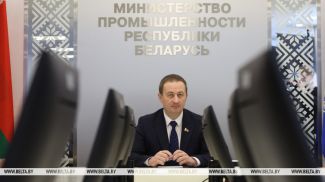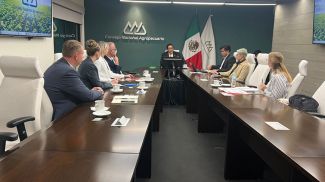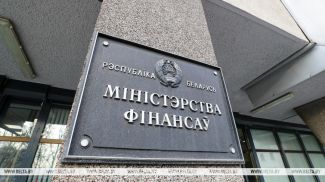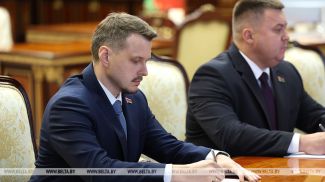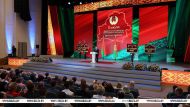MOSCOW 15 April (BelTA) – Belarus and Russia need to clear up issues related to import substitution, Belarus’ Prime Minister Roman Golovchenko said during the talks with his Russian counterpart Mikhail Mishustin in Moscow on 15 April, BelTA has learned.
“We have clearly realized that we need to strengthen the technological sovereignty of our countries, to substitute imports and pursue reasonable localization,” said Roman Golovchenko.
“Yet, we need to clearly agree on joint plans,” he emphasized. “For example, we already produce an extensive range of aircraft components, we are ready to increase capacity on our own in order to ramp up the output many-fold. But let’s formalize this in some kind of program, define joint responsibilities and obligations, in about the same way as we did with the aircraft draft agreement that will be signed today [the Belarus-Russia intergovernmental agreement on the development and mass production of the Osvey twin-engine light multi-purpose aircraft].”
The prime minister of Belarus remarked that the joint microelectronics program is running pretty smoothly. At the same time, there is little headway in the machine tool industry, although a respective cooperation program has been signed. “The same is true for agricultural machinery, for trucks – jointly we can fully meet the needs of our markets in these products. However, last year the share of Chinese trucks (I take China as an example, there are also other manufacturers) in the Russian market increased by 29.5% over 2022 up to 58.8%. The share of 150-250 hp wheeled agricultural tractors (that is, our traditional exports) rose from 46% to 58%, and that of road construction equipment exceeded 70%,” Roman Golovchenko said citing examples.
“Yet, we need to clearly agree on joint plans,” he emphasized. “For example, we already produce an extensive range of aircraft components, we are ready to increase capacity on our own in order to ramp up the output many-fold. But let’s formalize this in some kind of program, define joint responsibilities and obligations, in about the same way as we did with the aircraft draft agreement that will be signed today [the Belarus-Russia intergovernmental agreement on the development and mass production of the Osvey twin-engine light multi-purpose aircraft].”
The prime minister of Belarus remarked that the joint microelectronics program is running pretty smoothly. At the same time, there is little headway in the machine tool industry, although a respective cooperation program has been signed. “The same is true for agricultural machinery, for trucks – jointly we can fully meet the needs of our markets in these products. However, last year the share of Chinese trucks (I take China as an example, there are also other manufacturers) in the Russian market increased by 29.5% over 2022 up to 58.8%. The share of 150-250 hp wheeled agricultural tractors (that is, our traditional exports) rose from 46% to 58%, and that of road construction equipment exceeded 70%,” Roman Golovchenko said citing examples.




